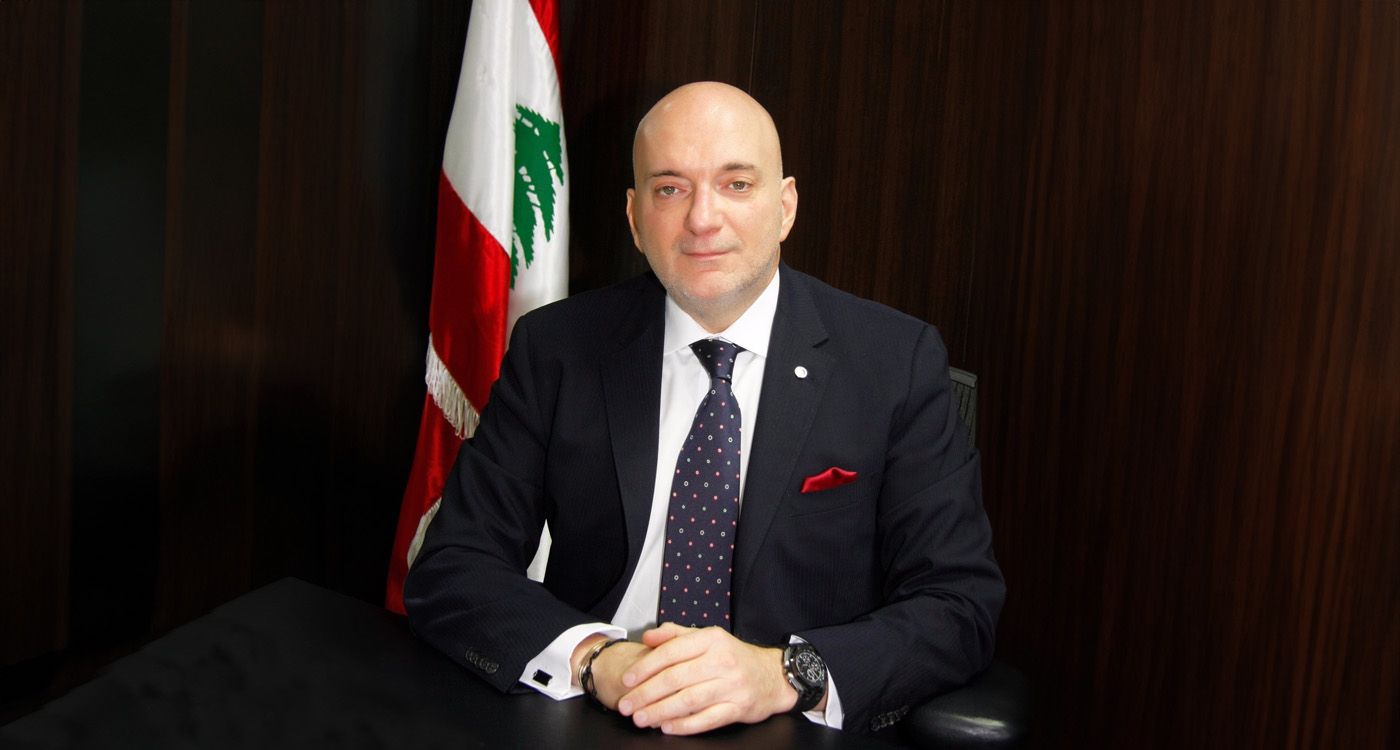
Lebanon’s financial and economic situation is going through an unprecedented crisis “that requires decisive measures to restore confidence and protect depositors’ funds, while clarifying the responsibilities of the State.” These are the words of Alain Hakim, former Minister of Economy, summarizing the depth of the country’s economic malaise in an interview with Houna Loubnan on Monday.
For Hakim, no financial stability is possible without trust between the State and depositors, and no economic recovery can occur without a clear plan to restore bank liquidity, protect citizens’ savings, and return the banking sector to its role as a driver of the national economy.
The situation is stark: the Lebanese pound has collapsed to unprecedented levels, deposits have been frozen for years, and distrust has grown between citizens, banks, and the State. In this climate of uncertainty, the International Monetary Fund (IMF) continues to condition any aid on a restructuring of the banking sector, even suggesting replacing existing banks with new institutions. According to Hakim, such a proposal risks worsening the crisis rather than solving it.
“If the existing banks are dismantled, depositors will be the first to bear the losses, as they are the weakest link in the hierarchy of priorities. The new banks will not take on the obligations of the old ones and will therefore not be responsible for repaying frozen funds,” he warns in the interview.
In light of this risk, the former minister advocates a realistic and responsible approach: implementing a national financing plan that would allow for the gradual repayment of deposits over several years. “Achieving such a solution would put the economic cycle back on track, improve monthly payments to depositors, and restore confidence in the financial system,” he explains, while emphasizing the need to clearly define the share of losses the State will assume.
Three Pillars for Recovery
According to Hakim, the recovery must rest on three inseparable pillars: normalizing banking operations, reviving the economic cycle, and restoring trust in the Lebanese State. “The State is the problem today. The gap between it and the depositors must not widen further, because its responsibility is clear,” he stresses.
International Relations at Stake
On the international level, Hakim warns against the consequences of breaking ties with correspondent banks abroad. “International banking relationships are built on trust, transparency, and respect for the law. Severing them would isolate Lebanon from the global financial system, compromise commercial transfers, and threaten the country’s food and pharmaceutical security,” he explains. He believes that restructuring existing banks, rather than replacing them, is the most pragmatic way to maintain stability and ensure the continuity of financial operations.
Solvency vs. Liquidity
Regarding the sector’s solvency, Hakim points out that most Lebanese banks remain solvent but suffer from a severe liquidity shortage. Restoring liquidity, according to him, requires transparent restructuring, strengthening capital, and attracting new investments. He also advocates merging insolvent banks and creating a stable legal environment to encourage growth without placing the entire burden of banking losses on the State.
Introducing “Cash Management Control”
To address this, the former minister proposes an innovative mechanism called “Cash Management Control.” Unlike traditional capital controls, it does not simply set withdrawal limits but aims to manage liquidity rigorously within banks. “The goal is to determine the amounts that can be withdrawn monthly to protect deposits, prevent a liquidity rush, control inflation, and allow banks to operate normally,” he explains. According to Hakim, injecting $11–12 billion under such a mechanism would stabilize the sector and allow for significant repayments to depositors without compromising the system’s overall stability.
Political Realities
Beyond numbers and reforms, Hakim stresses an unavoidable political reality: no economic recovery can take place in a context of shared sovereignty. “Today, decisions over war and peace do not belong exclusively to the State. As long as this situation continues, no investor will risk injecting funds into Lebanon,” he laments.
Responsibility and Accountability
On the issue of responsibility, the former minister is unequivocal: “The State is primarily responsible for the current crisis. It has used depositors’ funds to finance the deficit, corruption, and blind subsidies, totaling nearly $20 billion. Blaming banks or depositors alone is denying reality.” He calls for a fair distribution of losses and genuine accountability – essential conditions to restore trust and transparency in public management



Comments